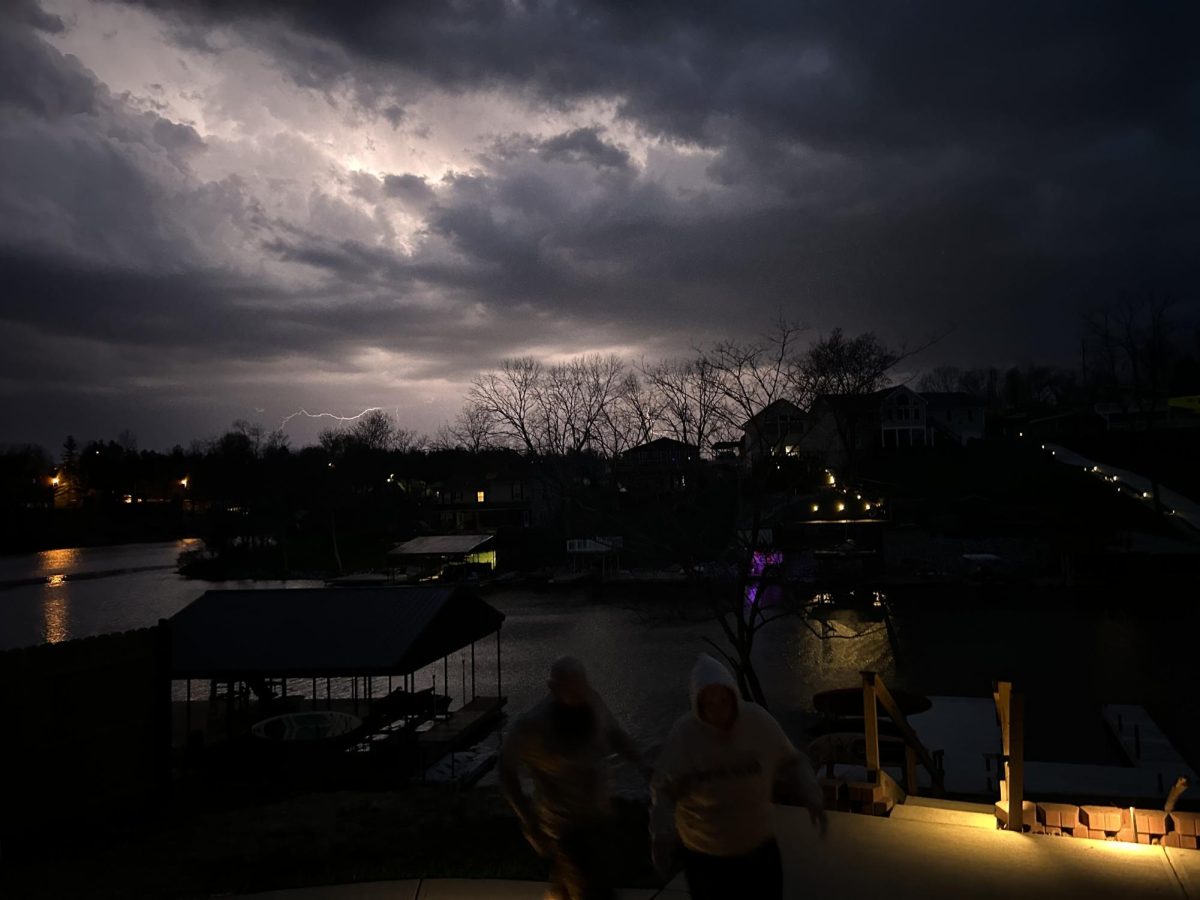We love them, we hate them. It’s a love hate relationship with school breaks. Every student is overwhelmed with joy when the bell rings to signal a long time off, but the teachers dread working over the holiday break. Teachers struggle to cram tests and assignments before the holiday. Although it’s dreadful, there’s still a sense of thrill whenever there’s an upcoming break.
No, there’s actually not 104 days of summer vacation (from an all time childhood show Phineas and Ferb) There is accordingly 10-12 weeks of summer vacation, but is that enough to get a tan? In all seriousness, do kids deserve more time to enjoy their summer break?
The 3 month period of summer break tends to take a toll on students, mostly bringing a surrounding feeling of aggravation to sort out classes, friends, and out of school activities. A variety of students have to manage sports and possible jobs while challenging themselves to their best.
An article published by Campus Safety Magazine highlighted the common denominators for the well-being of students during extended breaks; “Additionally, predictable timeframes can lead to heightened anxiety levels”, wrote the author. The change of routines have the ability to stir up the brain with the tendency to disconnect from the average “school routine” for students.
The more realistic question is what is more beneficial to a student’s success in school? Sudden breaks in school or not?
The reason why school breaks serve a purpose is to allow students to enjoy holidays with their family, friends, etc. How rude would a school be if they didn’t do that? The quality of keeping a routine is rational for those in school so they aren’t burnt out by the disruption in between.
Resolving this issue is quite an obstacle for a school to cross; how will this affect students, school days, the required curriculum? All of these are factors into ensuring that schools allow their students to strive to their academic ability.
Breaks overhold a power over our heads on students that make us argue with ourselves. Making mixed dilemmas in our minds pursuing us to take action on mental and physical health. Yes, this goes for everybody in any type of school. Although, there are some that can maintain better than others. But who am I to argue?
A downside to arguing this point of view on this topic is the weekends. Friday night-Saturday night gives a chance to sleep in and give themselves a ‘brain break’, but what about all of the homework? “It’s okay. I’ll leave it to do tomorrow,” repeated over and over again until it’s time to turn it in. “I should’ve given myself time to focus on my homework rather than myself,” is what your brain makes yourself feel. You feel guilty for giving yourself time to reset. However, students have the advantage to create an internal schedule or ‘fall out’.
In all, weekends aren’t the best but they’re unexcused breaks in my opinion. I love having the weekends to learn how to keep my mind on task. Having long, inconsistent breaks forces students to get back onto a path of tolerating school.
To mention, delays or early dismissals. Almost every time one occurs there’s a hope that school will start two hours later and there’s no waking up before the sunrise. Usually, when there’s a delay students feel more relaxed throughout the day because of the allowance to sleep in. At BAHS classes start at 8:03 A.M which means arriving on a delay students have until 9:55 to arrive to school. This gives students the opportunity to feel more satisfied to continue with their normal routine.
According to kidshealth.org the average high-school student must sleep to a total of 8-10 hours a nigh to prepare themselves for the school day. Unfortunately, this may be hard but it acts a huge part in your school year.
All together, school breaks can have their own opinions by many others but this is one. School breaks should be enough to not cancel out the students skills but also let them focus on their personal life.
So, school breaks should not be extended. There should be a set boundary between what students need in school compared to out of school and that leads to the conclusion of keeping the same holiday break schedule.








